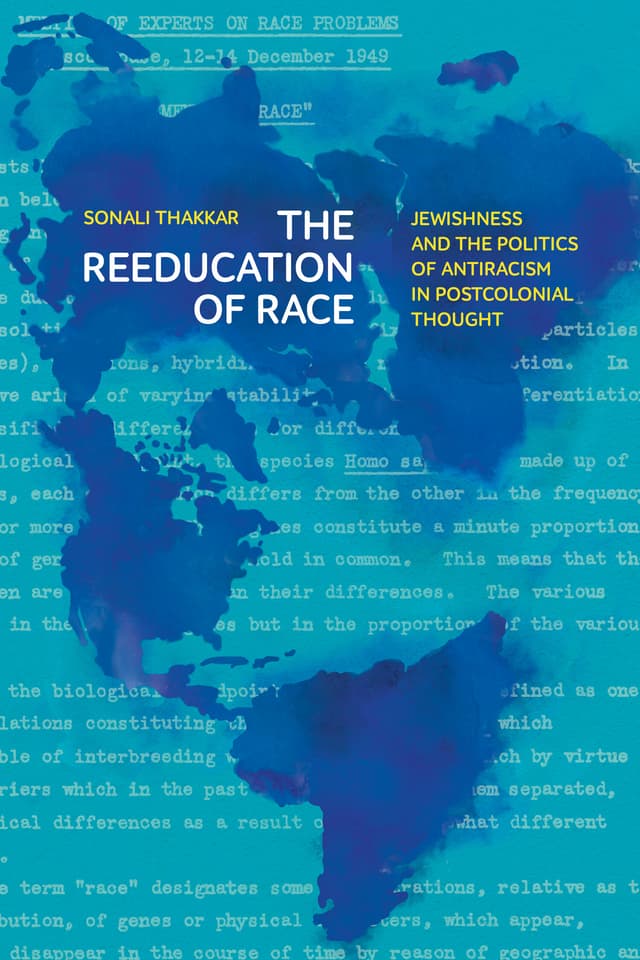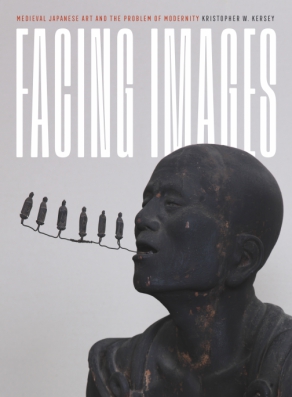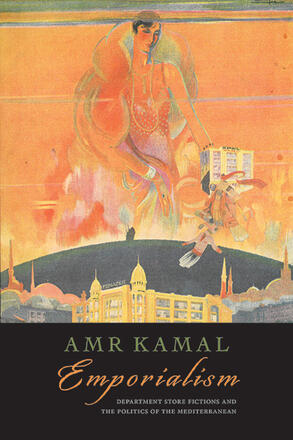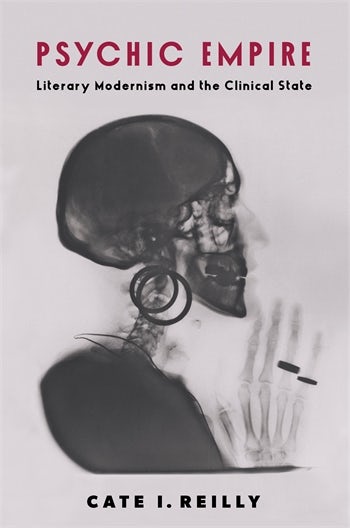2025 MSA First Book Prize Shortlist (for books published in 2024)

WINNER: Sonali Thakkar, The Reeducation of Race: Jewishness and the Politics of Antiracism in Postcolonial Thought
(Stanford University Press, 2023)
Sonali Thakkar’s The Reeducation of Race is a sharp, elegantly argued book that moves with precision between the institutional ambitions of UNESCO and the insurgent critiques of anticolonial thinkers. From the bureaucratic optimism of postwar “race education” campaigns to the searing indictments of Frantz Fanon and Aimé Césaire, Thakkar charts a terrain where liberal antiracism and colonial power uneasily coexist. Her argument is as unsettling as it is illuminating: the very pedagogies meant to dismantle racism often reinscribe its logics under the banner of universalism. Drawing on a rich archive of sources and a contrapuntal methodology, Thakkar reframes modernist studies as a global, decolonial project that refuses to smooth over the fractures of race, empire, and solidarity. The result is a book that offers a bold reckoning with the compromises embedded in the history of antiracist education.

RUNNER UP: Kristopher W. Kersey, Facing Images: Medieval Japanese Art and the Problem of Modernity (Penn State UP, 2024)
With vertiginous subtlety and piercing perspicuity, Facing Images shows that premodern Japanese art is a crucial corpus in the ongoing process through which the discipline and practice of art history attempts to decenter the hegemonic assumptions, methods, and archives of Euro-America. Kersey’s exquisite readings of visual and textual artifacts--ranging from twelfth-century Japan, to turn-of-the-century Vienna, to the sculpture garden at the Museum of Modern Art–reveal that the history of Japanese art constitutively undermines categories inherited from the Euro-American art historical discipline–such as “non-Western,” “modern,” and “premodern”--and instead demands a method based in unrelenting erudition and extraordinary intellectual flexibility. Those fatigued, if not disappointed, by the shortcomings of the so-called global turn in modernist studies would do well to flock to this gorgeously written, brilliant book for how it challenges us, by example, to rise to the occasion of thinking beyond provincial notions of modernness and modernity, not just geographically but also temporally.

Laura E. Helton, Scattered and Fugitive Things: How Black Collectors Created Archives and Remade History (Columbia University Press, 2024)
Arguing that the practice of Black archiving was “intimately bound up with the possibilities of Black being”, Scattered and Fugitive Things is a crucial reminder that historical collections do not merely catalogue and document the past but profoundly shape our futures. Through six collections and the Black bibliophiles, librarians, curators, and archivists, who built, cared, and advocated for them, Helton narrates a compelling new intellectual history of early twentieth century America, revealing collecting as a radical act of community building, creative flourishing, and political defiance. An astounding work of archival research itself, and beautifully written—this book reminds us why we love books.

Amr Kamal, Emporialism: Department Store Fictions and the Politics of the Mediterranean (SUNY Press, 2024)
With breathtaking geographical reach, critical acuity, and archival rigor, Emporialism studies how the department store from the period of late imperialism to decolonization (1850-1960) was not simply a site of modern mass consumption, but also–or rather, therefore–a key nexus for the cultural articulation of the political and social ideologies undergirding colonial expansionism, national self-fashioning, and Orientalist fantasy. With crystal analytic clarity and wide-ranging authority, the book focuses on the politically imbricated cases of France and Egypt and works across a vast array of primary texts including fictional and nonfictional literature, caricatures, catalogues, and advertisements. In the process, it reveals how the spaces of and practices within and around the department store in late-nineteenth and early-twentieth-century Egypt and France force us to rethink the processes and sites through which notions of race, ethnicity, class consciousness, and the very claim to modernity get prescribed, expressed, and circulated.

Cate I. Reilly, Psychic Empire: Literary Modernism and the Clinical State (Columbia University Press, 2024)
A daring and intellectually expansive work, Catherine Reilly ‘s Psychic Empire reimagines the entangled histories of modernist literature and the clinical state. Refusing to treat psychiatry’s rise as a mere backdrop, Reilly traces how writers across Central and Eastern Europe engaged—critically and creatively—with the diagnostic frameworks of Kraepelin and the emerging sciences of mind and brain. Through a deft fusion of literary analysis, history of science, and political critique, Reilly reveals how modernist texts do not simply reflect psychiatric paradigms but actively destabilize them, staging consciousness as a site of resistance and reinvention. Boldly interdisciplinary and elegantly composed, Psychic Empire invites us to reconsider the aesthetic and political stakes of literature’s encounter with clinical reason. This dazzling book offers a vision of modernism that is both shaped by and subversive of the psychic architectures of empire.
About
Each year, the Modernist Studies Association seeks nominations for
its First Book Prize, awarded to a first book published in the
previous year. A panel of judges determines the book that made the
most significant contribution to modernist studies. A book initially
published in another year will not be eligible for the prize. This
exclusion applies even if a new edition (paperback or revised, for
example) was published in the award year.
Please visit our Nominations page in Spring 2026 to recommend a book(published in 2025). Visit our Archive to see previous winners.